In the last article (this article), I talked about a story of wisdom. I want to add more, so I will talk about it today. Today, I will explain the steps to improve our lives.
How to improve our lives
Sometimes, we want to improve our lives. It might be not only ours but also others’. We sometimes want to help others who have suffered with no hope in their lives. The more honesty and integrity they have, the more we want to help them.
However, we often feel it is hard because we don’t know how to do it well. That makes us feel helpless.
In such a situation, thinking about what wisdom is might help us. Today, I will explain several forms of that: the steps to improve our lives.
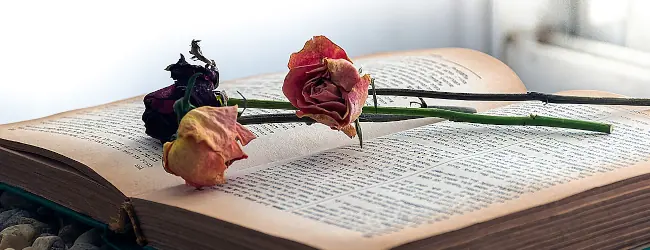
Six steps to improve our lives
In my opinion, we might be able to improve our lives through the six steps below:
- We enter the situation of the problem without common sense or bias. Then we feel what problems there are.
- We find the more essential problems that negatively impact our lives.
- We choose a problem to try to solve and make some predictions about the core factor.
- We find out where to get the appropriate wisdom to solve it and create ways.
- We validate these ways. We try the way that looks most effective with as few costs as possible.
- After we find an effective way, we concentrate on it at our best.
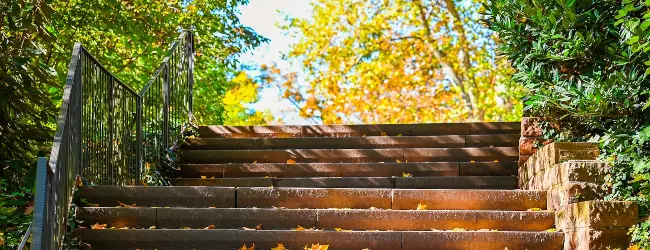
I will explain each step below.
First step: Eliminating common sense or bias
In the first step, we enter the situation of the problem without common sense or bias. In other words, we feel our usual lives as if facing them for the first time. That tells us problems we didn’t see due to thinking it was normal.
When we encounter a new problem, we can immediately feel it. However, if we stay there for a while, we tend to stop paying attention to it because we get used to it. That is why we easily find others’ problems they are unaware of. That often makes people, including us, stick to treating superficial things and ignoring the root problem.
In addition, that also tells us that if we try to help others, it is better to list the problems as soon as possible before we get used to their situation. This knowledge about timing is one form of wisdom.
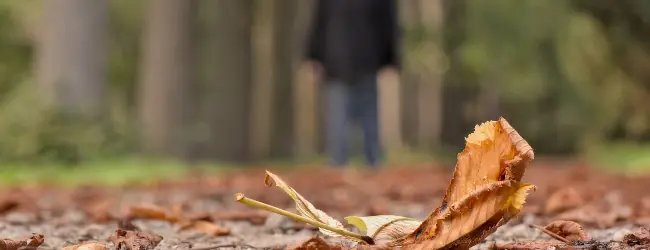
For example, related to the story of a wise man in the previous article, if we want to help poor people, we need to enter the place where poor people live. That tells us what problems there are.
We don’t need to visit often or stay there long because we can feel it soon. We also don’t need to ask individually what problems they have because we can see the fundamental factors that people who live there never doubt.
Second step: Weighing the problems
In the second step, we find and weigh the problems that cause more negative impacts on our lives. That tells us the most effective place to improve.
To use the example of a wise man, if he helps poor people, he will find fundamental factors that negatively impact their lives. There might be several factors, such as a dirty water source, food shortages, poor sanitation, a lack of jobs, or a lack of hope. Then, he will prioritize these problems. He might predict that they will never have hope when they are hungry. And water is more critical than food.

Third step: Making predictions about the core factor
In the third step, we choose one problem that highly impacts our lives. Then, we make some predictions about the core factor.
In this step, we have to understand the factors appropriately. If we neglect to think about this, we will despair soon because we will come to believe a single factor caused the situation.
For example, we often hear the words, “Poverty is the cause of everything.” “It’s all about money.” “Politicians made this situation.” “Rich people caused this.” Or “My strange characteristic is the root of the problem.” Although that could sometimes help us, that usually makes us despair because it is hard to change.
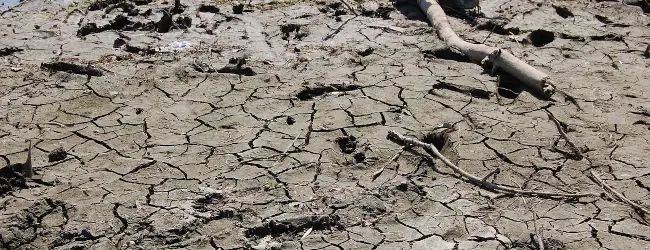
Usually, there are multiple factors. Some factors are easy to change, and some are hard. We have to understand or estimate them appropriately. That is one form of wisdom that gives us hope.
If I explain it with the wise man’s story, the wise man might find that the dirty water source in that area is one of the most critical elements that impacts the health of the poor people. He will consider why the water quality is poor only in this area. Then, by comparing other wells, he might estimate several causes, such as the depth of the well, polluted ground, or rain causing the dirty surface to flow into the well.
Fourth step: Finding out where to get the wisdom
In the fourth step, we find out where to get the appropriate wisdom to solve it. If we need traditional knowledge, we might use a library. If we need the most advanced technology, we might join academic conferences. If we want to know our values, we can feel them somewhere disconnected from usual values, such as a church, a temple, a shrine, or nature.
If we neglect to think about this, we will be confused and poor soon. If we ask a car dealer to solve our mental problems, they would suggest, “This car is for you! You can enjoy your new car life!” Therefore, where to get the appropriate way is one of the wisdom.

To use the example of the wise man, the wise man visited a shrine to know how to live his life. This time, he might visit a royal library or carpenter to get knowledge to repair the well. Perhaps he will not ask people around him for the answer. That is also wisdom.
Fifth step: Validating and trying as small as possible
In the fifth step, we validate our ways. We usually have several ways to solve the problem, but at the same time, we don’t have enough proof or resources. That is why we need to figure out the way that seems most effective and try it as small as possible.
When we try a traditional way, we can act boldly from the beginning because we know how to accomplish it. On the other hand, when we try to find a new way, it is better to repeat prediction and validation in many cases.
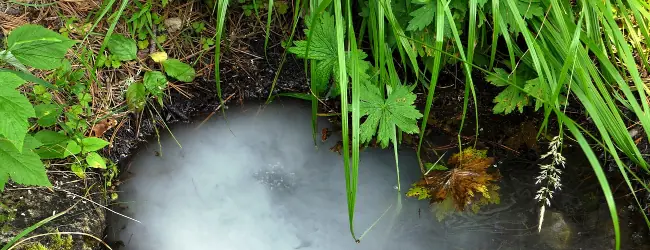
If I explain it with the wise man’s story, the wise man will try to validate ways to solve the poor water quality of the well as small as possible. He might compare the water in the upper and lower layers. He might examine the surrounding soil. Or he might try to repair it with cheap clay. Then, he will validate what way seems best.
Final step: Doing it with our best
In the final step, after we find an effective way, we do it with our best. This is simple. Concentrating our resources makes it more effective.
In other words, “doing my best” is just the final step. We need some preparation to do our best. Although “just doing my best” may work for trying traditional ways, it is not for finding new ways.
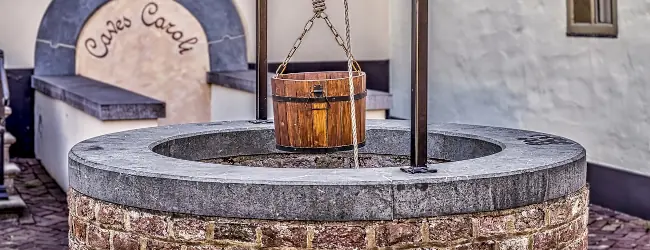
To use the example of the wise man, after he validates the rain causing the dirty surface to flow into the well, he will invest his resources and energy to repair it. That improves the health of the poor people living around the area. That also gives him a little trust from someone who has watched him. As a result, that leads him to the next stage.
Conclusion
These six steps I explained above might help us improve our lives.
Each step is a form of wisdom. Wisdom gives us possibilities called hope.
I hope this wisdom helps you improve your life.
Thank you for reading this article. I hope to see you at the next one.


